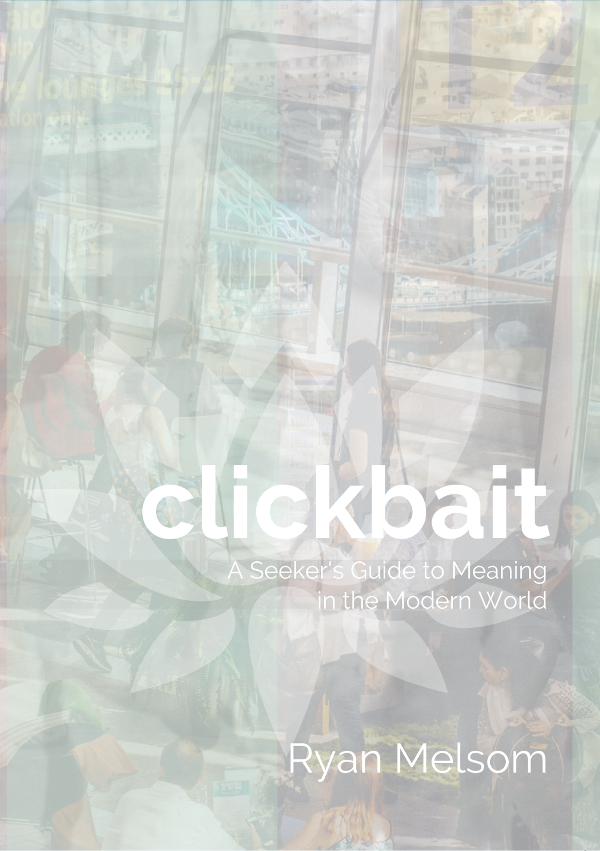projects
current

West Coast Apocalyptic
A mind-bending academic project on the history of the North American West Coast that explores a key question: if the West Coast is supposed to represent a kind of heaven-on-earth, why does everyone want to blow it up? From film to literature to critical theory, this expansion on research from my doctoral dissertation connects ideas across multiple media and ultimately suggests that multiple, flexible discourses — nonce taxonomies — provide the best possible tool for describing the Coast in a way that’s both meaningful and restorative.

Clickbait: A Seeker’s Guide to Meaning in the Modern World
Six teenagers in LA struggle to find meaning in a world of online identities, viral marketing, and an undefined malaise.
Status: Now out in print and digital formats.

$pendshift: 101 Lazy Hacks to Rock Your Finances
Do any 3 of the hacks in this e-book, and it will pay for itself. Tips include how to gamify spending, kill time-sucks, get entrepreneurial, and make the most of the emerging free-conomy.
Status: Now out in print and digital formats.

Fromthe.blue
A web platform that helps people turn their dreams into an action plan. Organize your images, files, and ideas using a unique, hexagon-based interface. Collaborate with others globally on problems and projects.
Status: Currently being reconceptualized and expanded.

Art on Etsy
Fun art that’s made for modern offices and homes. Mostly digital collage, playing with ghostly, overlaid images. I’m currently printing these on silver metallic photo paper, which provides the images with a unique, shimmering look.
Status: On hold — contact me @lintropy if you’re interested in prints.
writing

No Generation (2013)
Ninety-six twenty-somethings reflect on our times and tell it like it is in this gritty, rapid-fire story collection. Relentlessly pop-culture oriented. Dizzying. Can be read in quick two-page bites, or dug into to find grand themes, echoes, and top secret Easter eggs.

Academic Articles (2009 & 2013)
Two peer-reviewed articles, each analyzing one of Canada’s top authors — Alice Munro and Douglas Coupland. The former looks at the way Munro’s representation of failing architecture reflects the aging body, and the latter argues that Coupland’s Souvenir of Canada actually reflects an effort to recuperate an acceptable family narrative from a challenging upbringing.